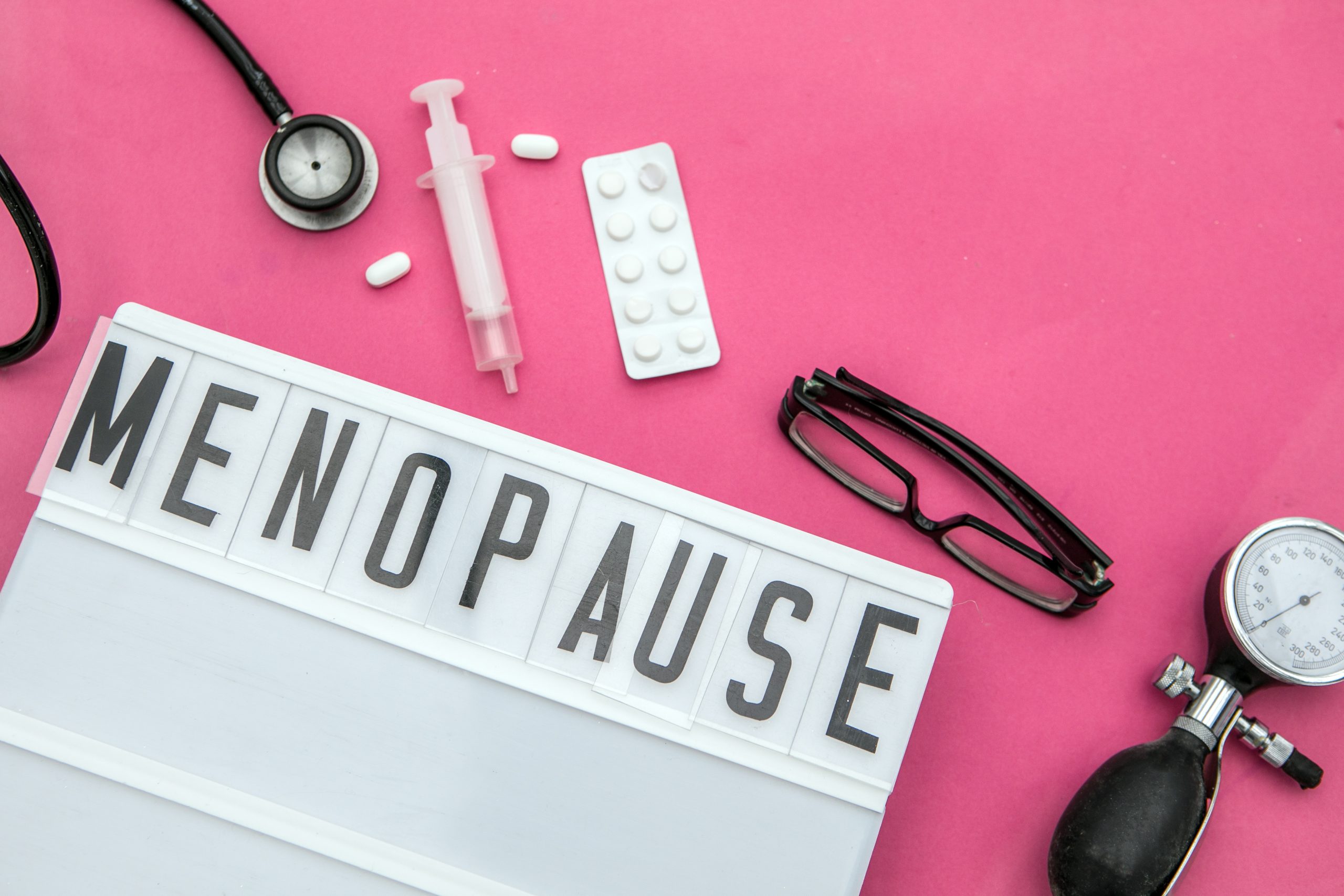Women living in THESE areas start the menopause 16 months earlier, research reveals

The average age for women to enter the menopause – where their oestrogen levels begin to fall – is 51, though the age range can stretch from 45 to 55.
A now new research has revealed a surprising factor that can trigger this process, and it’s all to do with where you live.
A team of European researchers led by Dr Kai Triebner at the University of Bergen in Norway looked at the link between green spaces and the menopause, analysing the health records of 1,955 women.
Publishing their findings in the journal Environmental Internationalthey found that women living in green spaces went into the menopause on average 16 months later than their urban counterparts.
The study featuring the above women began in 1990 and surveyed the women again between 1999 and 2001 and 2010 and 2013, covering a period of more than 20 years in total.
The women came from Spain, France, Germany, Belgium, the UK, Sweden, Estonia, Iceland and Norway and satellite images were used to determine how much green space they had in the vicinity of their home.
They concluded that women living with the most foliage in the 300m (985ft) encompassing their home experienced ‘the change’ aged 51.7 years of age, compared to a figure of 50.3 years of age for those women with the least amount of green space surrounding their home.
Sign up to our free daily email for the latest royal and entertainment news, interesting opinion, expert advice on styling and beauty trends, and no-nonsense guides to the health and wellness questions you want answered.
And the above was even after adjusting for smoking and factors related to socioeconomic status.
MORE:Menopause help: the best forums and support groups for menopausal women
The research team indicate that this trend may be due the fact that stress and even depression can induce menopause at an earlier date, and that those living in green, rural areas may experience less of both due to the potentially calming nature of the environment they live in.
They wrote, ‘Stress in humans is reflected by a high level of cortisol, which is reduced by exposure to greenspace'.
They also went on to outline that stress and a result cortisol can impact levels of oestradiol – a form of the female sex hormone oestrogen – causing it to reduce where cortisol levels are high.
'Lower cortisol levels have in turn been associated with higher oestradiol levels, which makes it plausible that women with less stress, thus lower cortisol, might maintain higher oestradiol levels and therefore transition later into menopause,’ the researchers outlined.
Miriam worked for woman&home for over five years and previously worked on the women's lifestyle magazines Woman and Woman's Own.